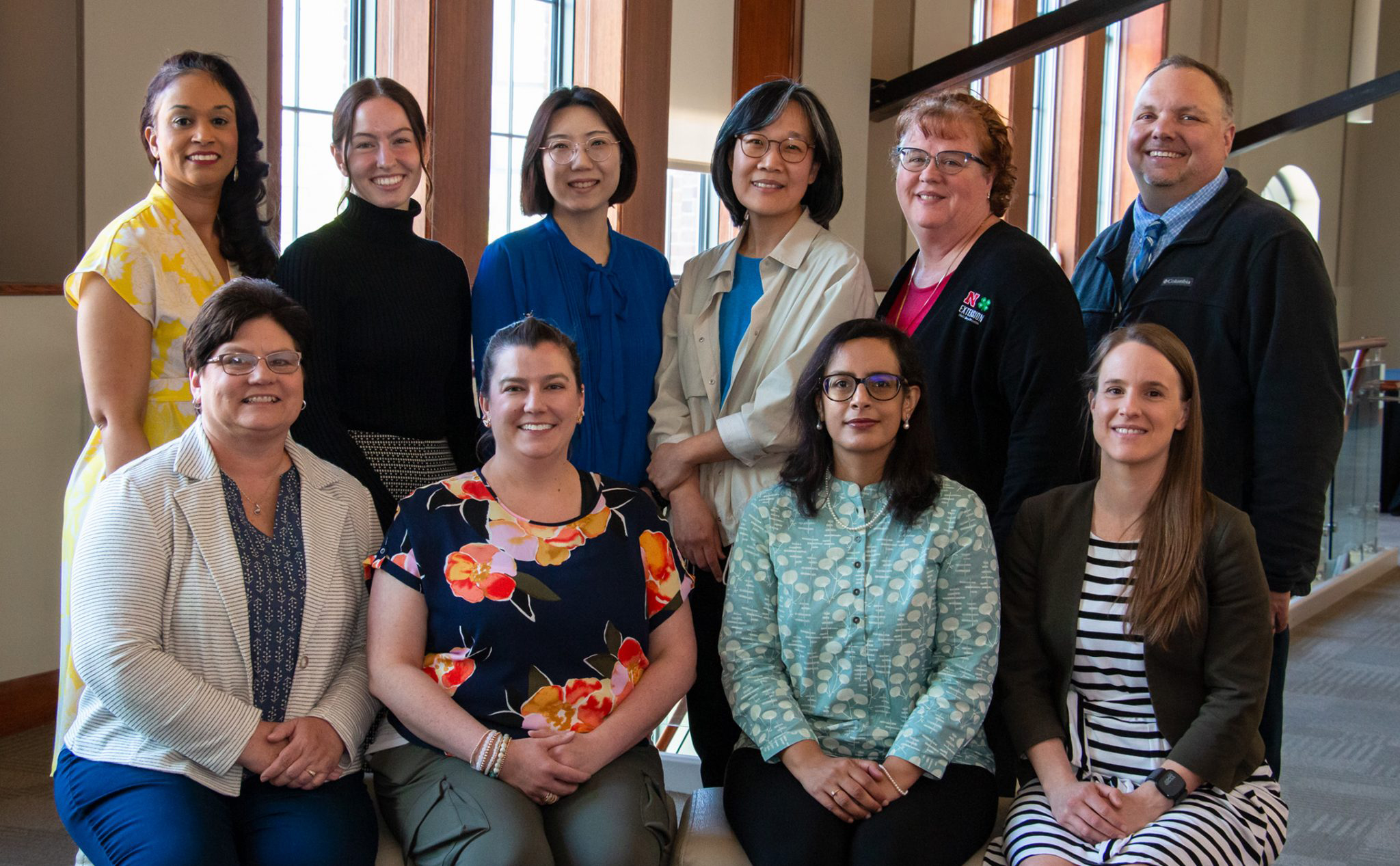
Research shows children starting kindergarten often know less about science compared to reading and math. Despite this, science activities typically make up the smallest proportion of the preschool day.
The science opportunity gap is even more pronounced in rural communities, where limited educational resources and lower emphasis on science education widen the divide.
Soo-Young Hong, associate professor of child, youth and family studies, is leading a three-year project focused on strengthening rural early childhood educators’ competence and confidence in teaching science and engineering concepts to young children.
Hong and her team aim to develop and test a practice-based professional development model for early childhood science education in center- and home-based early care and education settings serving children ages 3-5 in rural Nebraska.
The educators will gain skills in using reflective practice — the ability to reflect on one’s actions to continuously learn — and adapting lessons in ways that are authentic and relevant to children’s everyday life. This approach will support them in creating and experimenting with new ideas and approaches to broaden and enrich students’ learning experiences.
The project is designed to build educators’ science content knowledge, while boosting their confidence in guiding young children to think like scientists.
A key goal, Hong said, is to enable educators to closely observe children’s interactions with science-related materials and environments and to use those observations in reflection, planning and practice of science teaching.
“Early childhood educators know children love to ask questions and have all kinds of interests and curiosity about what they see and experience,” said Hong, a research affiliate at the Nebraska Center for Research on Children, Youth, Families and Schools. “Educators want to support that learning, but they sometimes don’t believe they have the capacity to do that.”

Because rural early childhood educators often express a lack of adequate training in teaching science concepts and practices, she said, they sometimes do not feel prepared to teach science-related lessons.
“These educators need a sustainable early childhood science professional-development model that provides access to resources and a community of practitioners,” Hong said.
Researchers will create a professional development model tailored for rural Nebraska, then test it among 20 rural educators across the state.
A website will be created to allow communication among researchers and educators. For example, participants will be able to share journal entries and reflection notes with other each other, as well as the project team. Educators will also be able to share their reflections and observations with families directly from the website.
Educators will use electronic reflective practice notebooks and will be encouraged to collaboratively explore and learn science content, closely observe children’s interaction with materials and their own teaching practices, and reflect on their observations.
The project is funded by a grant from the National Science Foundation and housed at CYFS. Along with Hong, other research team members include Marianna Burks, Doug Golick, Deepika Menon, Sarah Paulos, Lisa Poppe, Sarah Roberts, LaDonna Werth, Christine Wittich and HyeonJin Yoon.
The study is based on results from the pilot PreSTAR project — Preschool Science Talk in Action and Reflection — which uses strategies that encourage teachers to reflect deeply on their own science teaching practices and what they notice about children’s interactions with science-related materials in the classroom.
Hong said it is critical to expose children to high-quality science learning experiences and opportunities in early care and education settings, and that early childhood educators have the knowledge, tools and self-efficacy to explore science with children in everyday activities and conversations.
Research suggests that science learning activities help children develop problem-solving skills and understand the world around them. Such activities also support language and literacy skills by providing opportunities to learn and apply new words and concepts, share observations, compare different organisms or phenomena to note similarities and differences, write about and draw science ideas in journals, and listen to and talk about science-themed books.
Additionally, Hong said, science-related conversations help children develop reasoning skills and gain insight into their own thought processes — important steps for lifelong learning.








